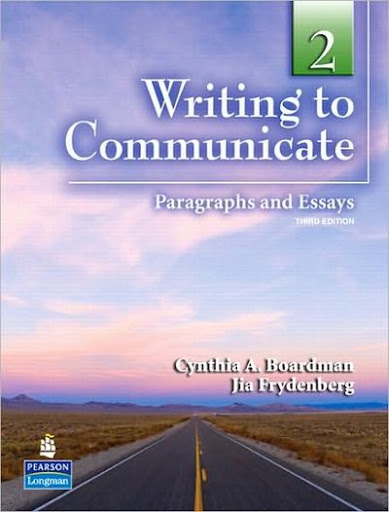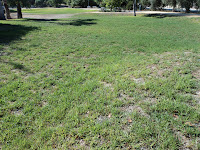
Do you know how to name your favourite sport in English? And which are the verbs commonly used when talking about sports?
In this new post about the VocaTube series, we present you a list of high quality educational videos that we have selected from YouTube. These videos will show you the most relevant vocabulary about sports.
Remember that vocabulary can only be improved with practice and listening through repetition. It’s difficult for everyone to understand from the beginning but you’ll notice that the more you listen, the better your understanding.
Video that includes the main sports along with a final test – elementary English
Link to the video on YouTube
Another video with the most significant sports – elementary English
Link to the video on YouTube
Educational video for children that shows different characters playing some sport – elementary English
Link to the video on YouTube
Video that shows how to use verbs play, go and do with your favourite sports – intermediate English
Link to the video on YouTube
Video that teaches a big quantity of sports in English – intermediate English
Link to the video on YouTube
Sports-related expressions in English – advanced English
Link to the video on YouTube
Video about the history of football in Argentina, very interesting to learn more specialized vocabulary – advanced English
Link to the video on YouTube
You have read this article VocaTube
with the title September 2010. You can bookmark this page URL http://apostolosmakrides.blogspot.com/2010/09/vocatube-vocabulary-about-sports-on.html. Thanks!





















































